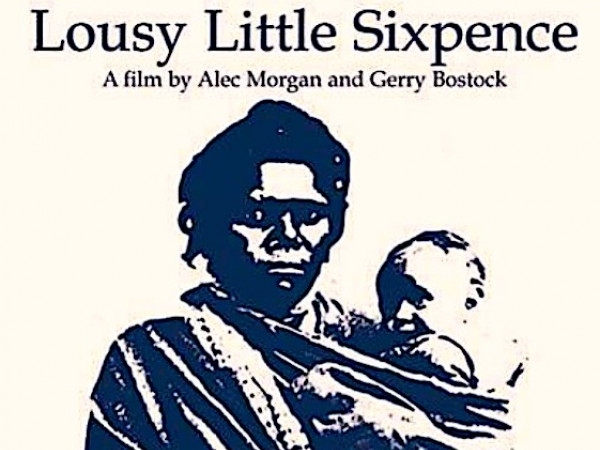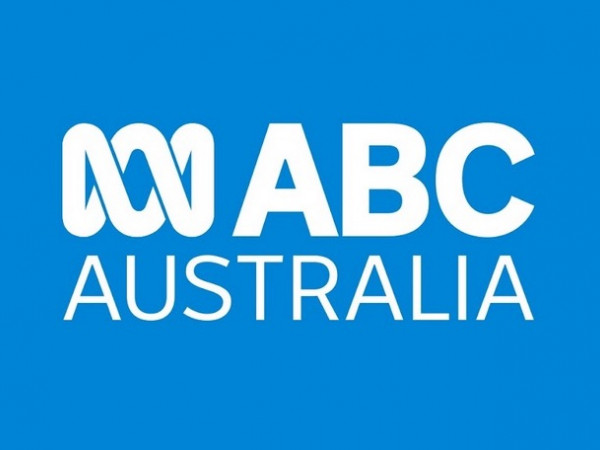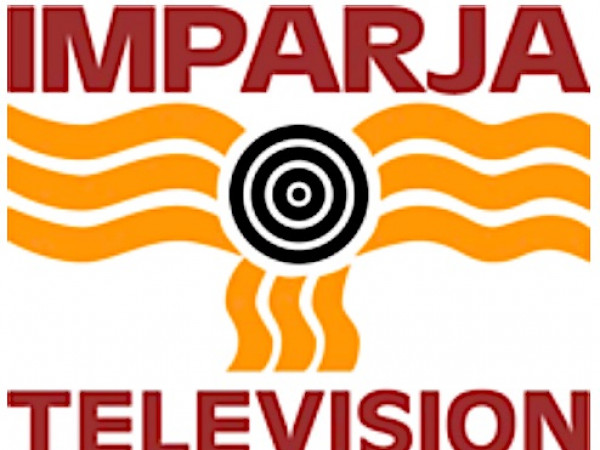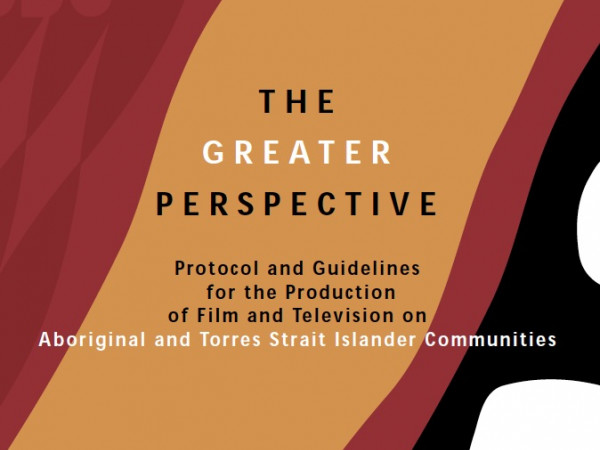Lester Bostock
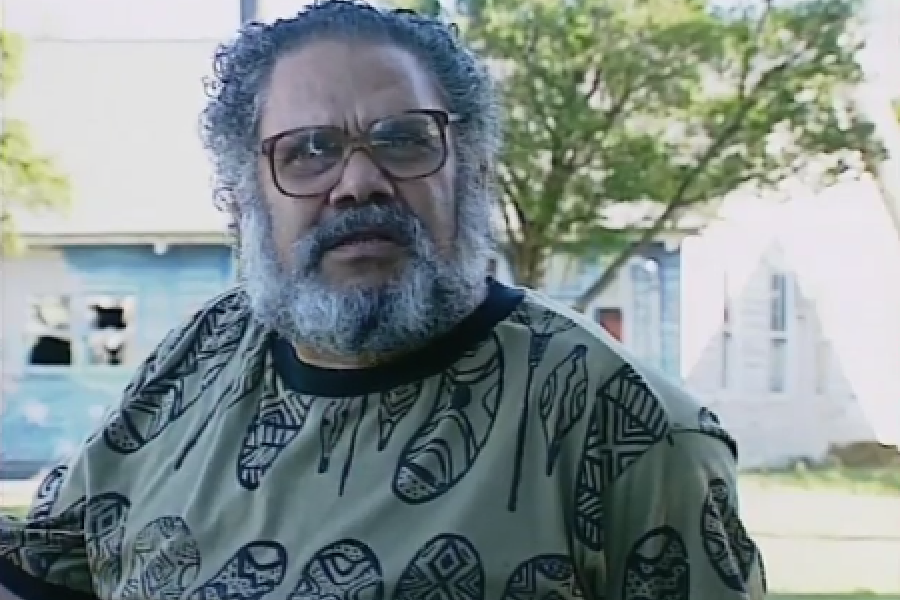
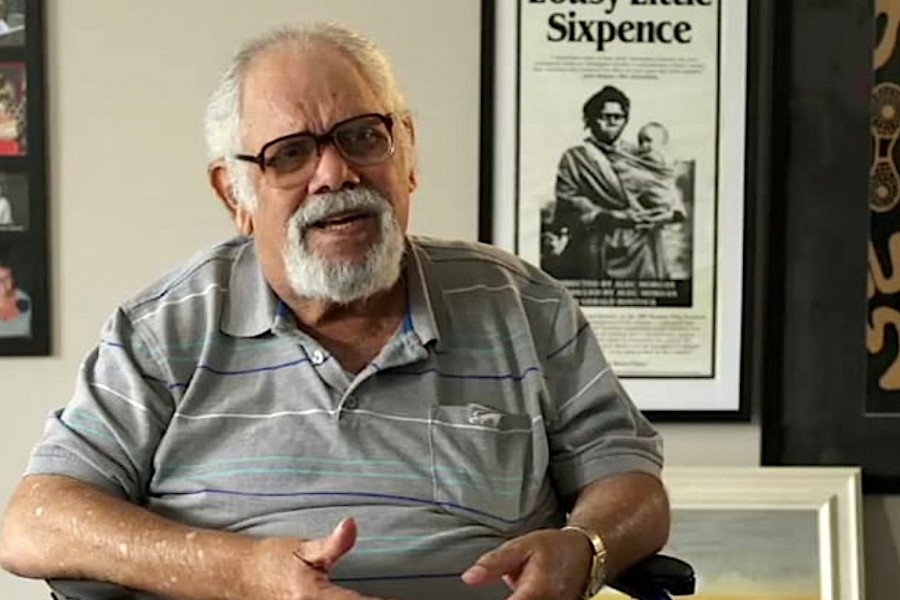
Lester Bostock (1934 – 2017) was raised at Box Ridge Reserve in New South Wales and has been involved in Aboriginal community affairs since the 1960s, through theatre, film, radio, television and community development. He was brother to Gerry Bostock.
Joining Film Australia in 1977, Bostock began working in film production, research and as an assistant on documentary films. In 1983 he was Associate Producer on Lousy Little Sixpence. Lester and Gerry were the co-founders of Kuri Productions in 1985.
In 2001, he was awarded a Centenary Medal for service to the community through the arts as founder of the Black Theatre. In 2009, part of Bostock’s life story was featured in the National Museum of Australia’s exhibition From Little Things Big Things Grow: Fighting For Indigenous Rights 1920-1970. Lester was the joint winner of the 2010 National NAIDOC Awards: Elder of the Year (Male). In 2011, he was awarded an Order of Australia: Member of the Order of Australia (AM) for services to the Indigenous community, broadcast media industry as a presenter and producer, and advocate for people with a disability.
His interviews here are extracts from ‘Our Stories: Lester Bostock’ (Elizabeth Wymarra,/Metro Screen Ltd & NITV - 2016) & (transcript only) ‘Message Stick: Best Foot Forward’ (Rima Tamou, ABC - 2003)
‘A lot more have come through...’ (interview with full transcript & links)
'I was one of the producers of Lousy Little Sixpence…'
'…my big thing at that time was getting Aboriginal people behind the camera…'
'There's more and more Blackfellas on television…'
‘Aboriginal thought needs to be part of the mainstream…’ (interview with full transcript & links)
Lester was interviewed for the film with his brother Gerry, in Sydney
The idea was at that time, and the conditions for Imparj[a], was that it would have a large Aboriginal input into it.
I think they could have continued on the First in Line programme, if they really wanted to. There is a need for an Aboriginal programme on SBS on a continuous basis, and there’s also a need for an Aboriginal programme on the ABC on a continuous basis.
Bringing on trainees all the time, who are unskilled, and to build up their skills, is all well and good; but there are a lot of people – not a lot, there are a handful of people, who are around, who have the skills and the qualifications. There could be a genuine Aboriginal unit, with Aboriginal producers and executive producers running …those units.
There’s not enough Aboriginal input into Imparj[a]… There’s no Aboriginal news service, no Aboriginal magazine service, that can stand up as a television programme.

